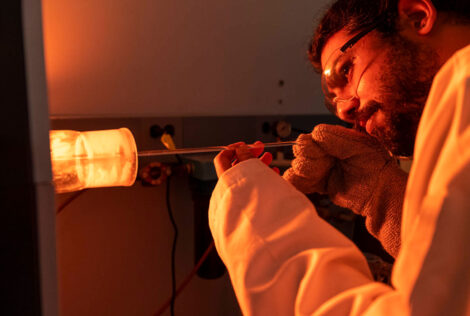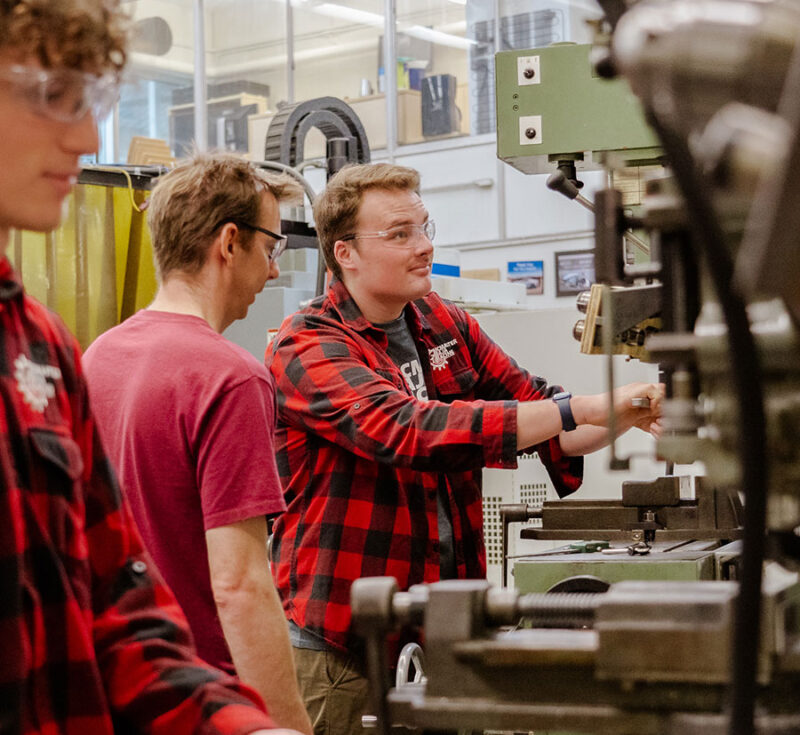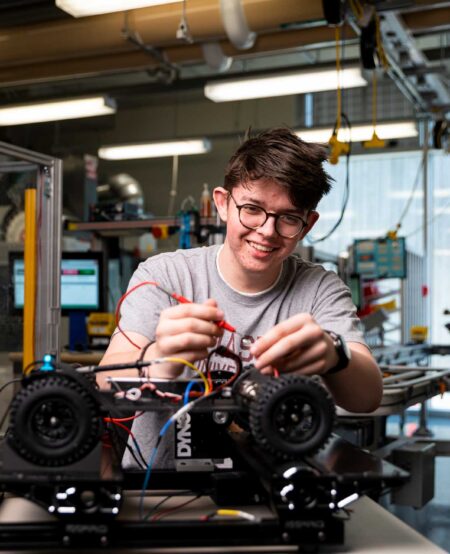
Graduate Co-op
Master’s and PhD students may complete 4 to 12 months of co-op experience in various types of organizations, including corporations, non-profit organizations, government agencies, startups and research institutions.
During their course of study, doctoral candidates will be required to pass a Departmental Comprehensive Examination. PhD students must present a thesis proposal to their Supervisory Committee, normally at the first Supervisory meeting after completion of one term in their program.


Completing your application
A complete application will consist of:
Admission deadlines

Master’s and PhD students may complete 4 to 12 months of co-op experience in various types of organizations, including corporations, non-profit organizations, government agencies, startups and research institutions.

The EGS actively supports engineering graduate students through events, workshops, bursaries, and collaboration with various campus organizations, focusing on representation, community building, and academic and professional development.

Hamilton, also known as The Hammer or Steeltown, is a thriving city close to the U.S. border and Toronto, with easy access for students commuting from the Greater Toronto Area via the on-campus GO Bus Terminal.
Understand every step, from applying, to accepting your offer and joining us on campus!
Thank you for your interest in our Graduate Studies. Please fill out the form below, and we will connect with you to answer all of your questions.
